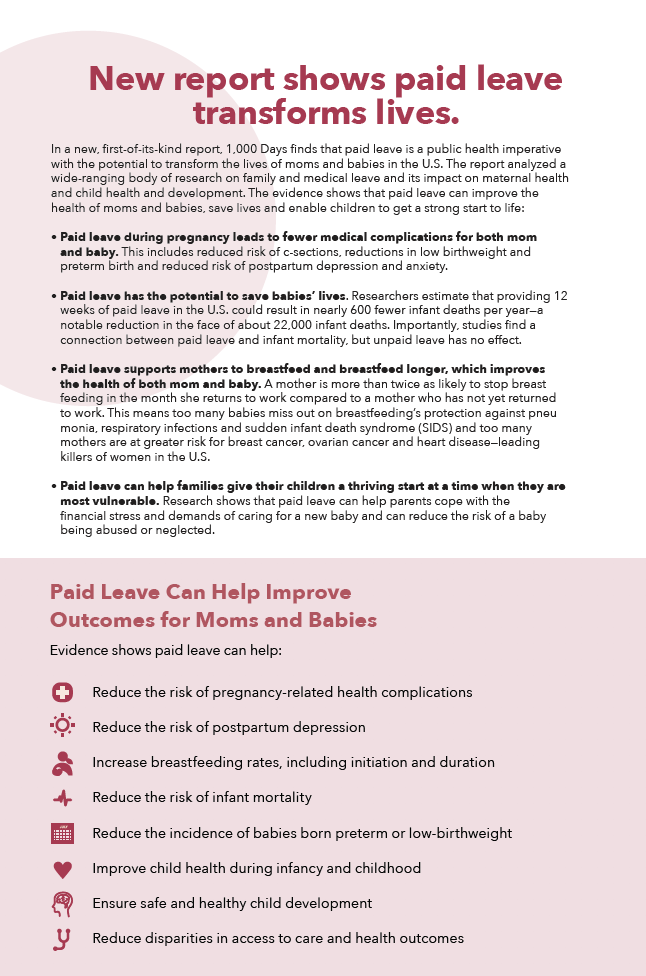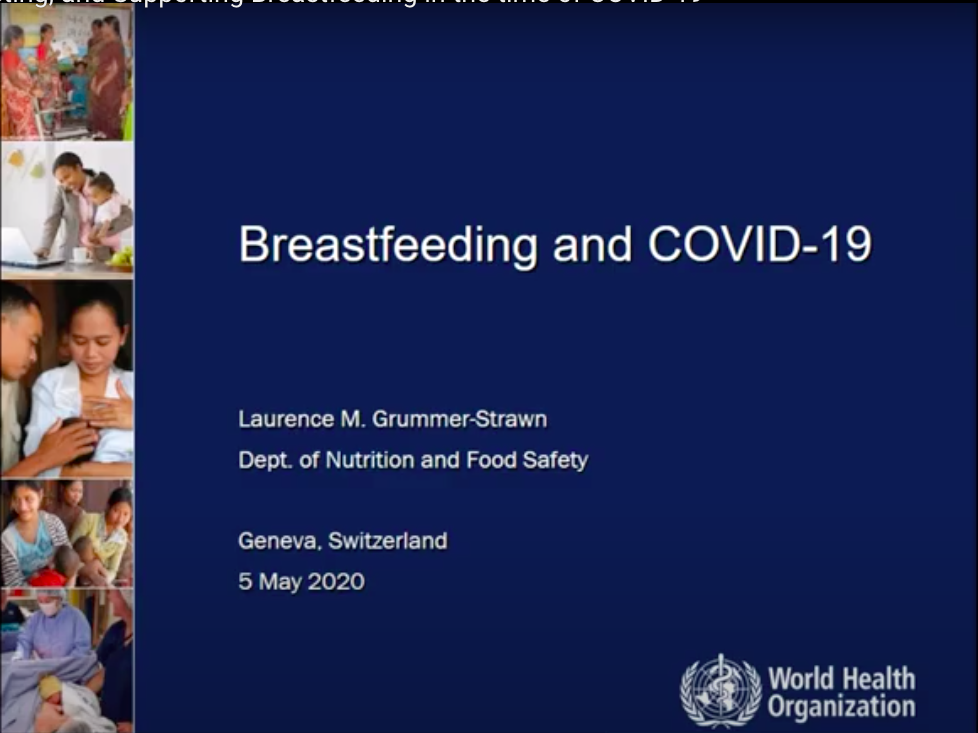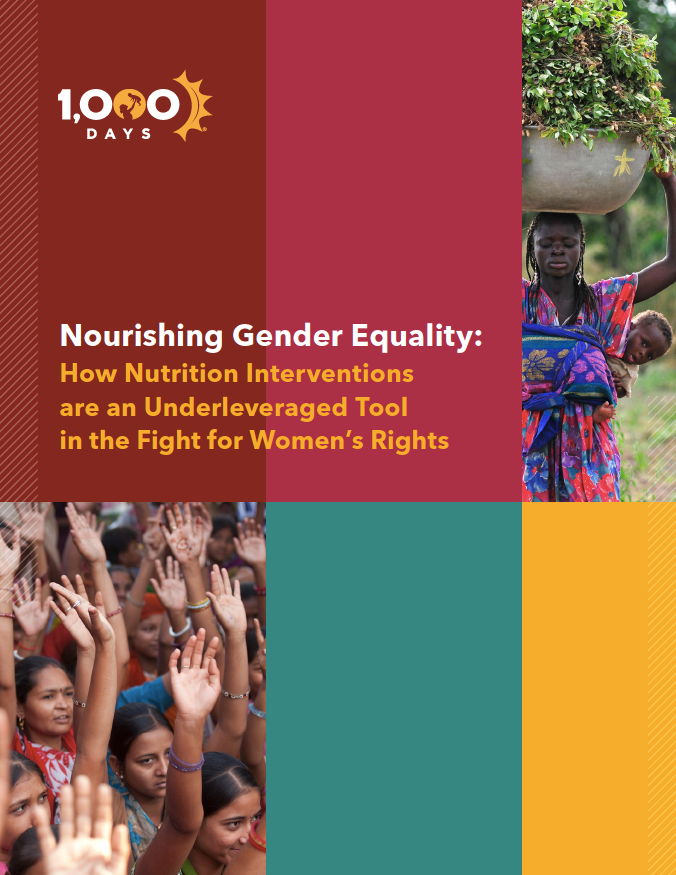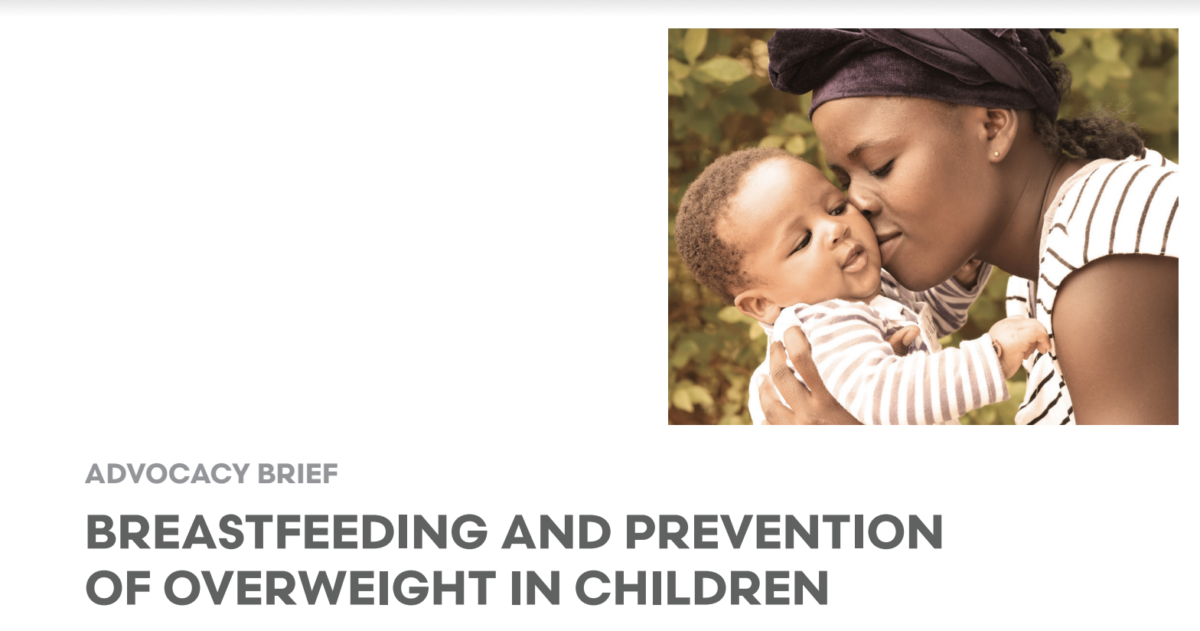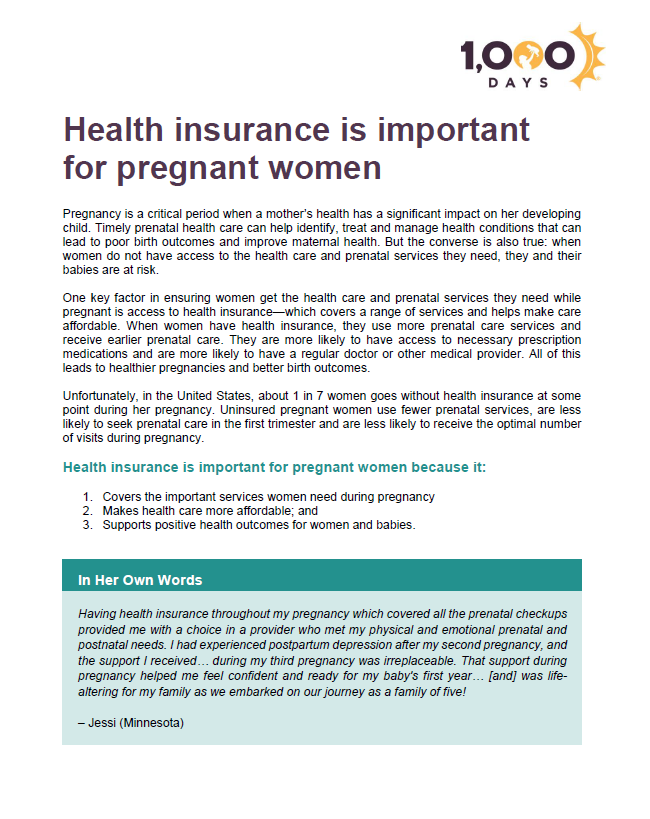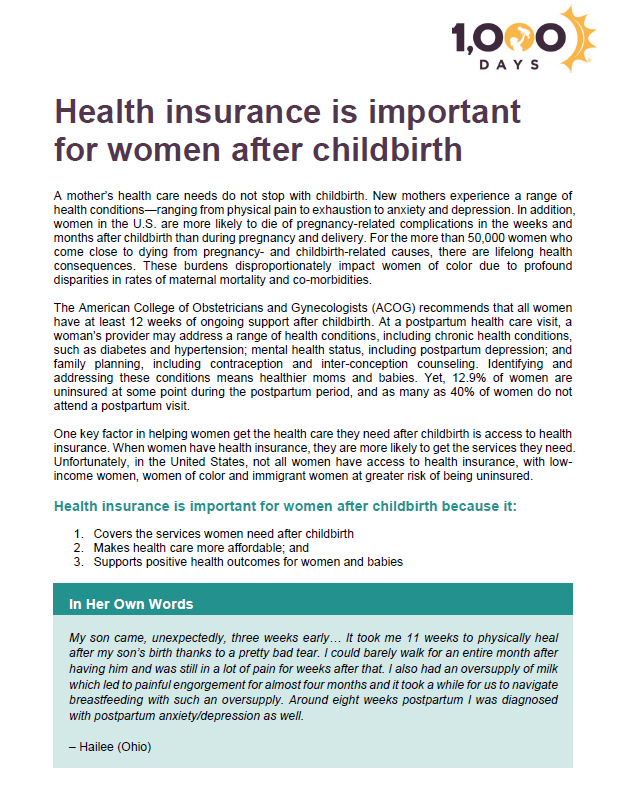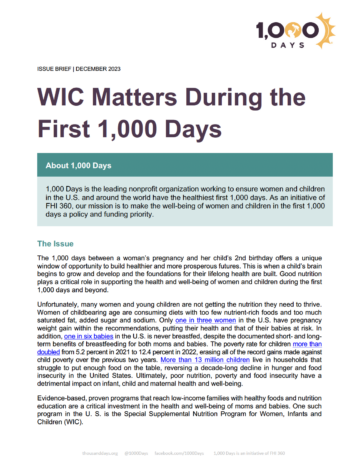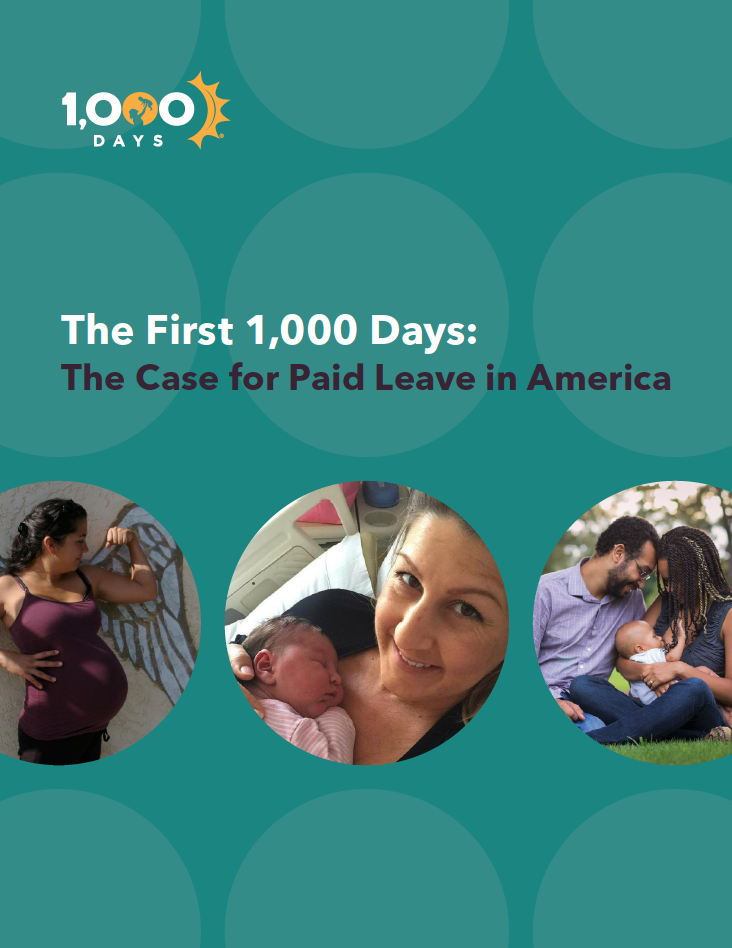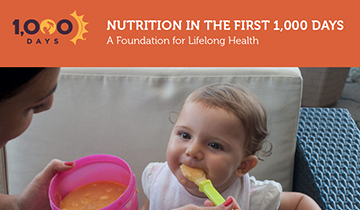Webinar: Protecting, Promoting and Supporting Breastfeeding amid COVID-19
Dr. Larry Grummer-Strawn, Technical Officer Dept. of Nutrition and Food Safety at the World Health Organization (WHO), presents to the International Coalition for Advocacy on Nutrition (ICAN) regarding the official guidance, challenges, and concerns with promoting, protecting, and supporting breastfeeding in the time of COVID-19. The WHO continues to recommend mothers with suspected COVID symptoms who choose to breastfeed can as long as they practice proper respiratory and hand hygiene. Read more here.
Nourishing Gender Equality: How Nutrition Interventions are an Underleveraged Tool in the Fight for Women’s Rights
The nutrition and women’s empowerment sectors are mutually reinforcing, and it is time to link them more intentionally. Nutrition interventions are critical to making concrete, cost-effective, and long-lasting improvements to the status of women and girls around the world.
There are three specific areas where a more intentional focus on nutrition offers advantages for women and girls in their fight for gender equality:
- From even before a girl is born, good nutrition is a crucial component in supporting her lifelong right to Health and Survival, allowing women to live longer, better lives.
- By boosting individual workforce participation and earning potential, good nutrition has a proven positive impact on women’s full and equal Economic Participation and Opportunity.
- Access to good nutrition allows girls’ brains to develop fully and impacts how well women and girls can perform in school. It also secures their right to equal Educational Attainment with men and boys.
Global Breastfeeding Collective – Breastfeeding and Prevention of Overweight Children
Breastfeeding is one of the smartest investments a country can make to build its future prosperity. It offers children unparalleled health and brain-building benefits. It has the power to save the lives of women and children throughout the world, and the power to help national economies grow through lower health care costs and smarter workforces. Yet many societies are failing to adequately support women to breastfeed, and as a result, the majority of the world’s children – along with a majority of the world’s countries – are not able to reap the full benefits of breastfeeding.
Health Insurance is Important for Pregnant Women
Pregnancy is a critical period when a mother’s health has a significant impact on her developing child. Timely prenatal health care can help identify, treat and manage health conditions that can lead to poor birth outcomes and improve maternal health. But the converse is also true: when women do not have access to the health care and prenatal services they need, they and their babies are at risk.
Health Insurance is Important for Women After Childbirth
A mother’s health care needs do not stop with childbirth. New mothers experience a range of health conditions—ranging from physical pain to exhaustion to anxiety and depression. In addition, women in the U.S. are more likely to die of pregnancy-related complications in the weeks and months after childbirth than during pregnancy and delivery. One key factor in helping women get the health care they need after childbirth is access to health insurance.
WIC Matters During the First 1,000 Days
The 1,000 days between a woman’s pregnancy and her child’s 2nd birthday offers a unique window of opportunity to build healthier and more prosperous futures. This is when a child’s brain begins to grow and develop and the foundations for their lifelong health are built. Good nutrition plays a critical role in supporting the health and well-being of women and children during the first 1,000 days and beyond.
Evidence-based, proven programs that reach low-income families with healthy foods and nutrition education are a critical investment in the health and well-being of moms and babies. One such program is the Special Supplemental Nutrition Program for Women, Infants and Children (WIC).
The First 1,000 Days: The Case for Paid Leave in America
The United States is one of the only countries in the world without a national policy in place to provide mothers with paid time off to care for their health needs during and after pregnancy or to care for their newborn. As a result, nearly 1 in 4 women return to work within just 2 weeks of giving birth – a reality that has serious consequences for their health and that of their children. In a first-of-its-kind analysis, 1,000 Days builds the case for paid leave as a public health imperative and calls for a comprehensive paid leave policy that ensures all workers can take the time they need to care for themselves or their loved ones without jeopardizing their economic security.
Nutrition in the First 1,000 Days: A Foundation for Lifelong Health
The 1,000 day window, between a mother’s pregnancy and her child’s second birthday, is a critical time that helps set the stage for the child’s future well-being. During this period, proper nutrition is crucial for supporting rapid brain development, building the immune system, and other essential functions. 1,000 Days, with support from Zero to Three and their Think Babies Campaign, has created this resource, Nutrition in the First 1,00 Days, to focus on the importance of investing in nutrition during this foundational period.

